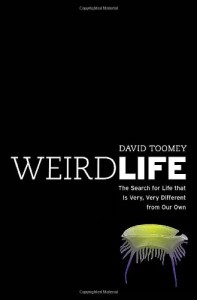
As a book-hoarder, while there are many books that I promised myself that I will come back to them later, there are very few books that I wish I didn't waste my time reading them; add this to that extremely short list.
I bought this book online and I did so because: 1) I found the title interesting and 2) the price to be attractive (less than $10). That relatively low price is now my sole consolation. I can only lament the fact that I didn't spot this book in a bookstore, for that would bring into sharp focus the fact that the cover carried praise from Jonathan Black, author of another book which belonged on my list of 'Not-To-Read'.
So what's so cringe-worthy about this book? If Greer had stuck to the premise of bringing the reader through a summary of the different apocalypse myths through the ages and religions (which was I what thought it would be), then I guess it could have been a fun read. But nope, Greer has to lump all sorts of different phenomena and events under his 'apocalypse meme'. It's hard to take him seriously when he believes that astrology, religious myths, Fourierism, Marxism/Communism, Y2K, and AI Singularity are all manifestations of his 'apocalypse meme'. His arguments are so weak that they remind me of a recent academic paper I wrote and submitted at the very last minute.
Oh wait, I guess there's one other comfort I can take away from this book: If something so bad can be published, there is hope that I too can be an author sometime in the future.
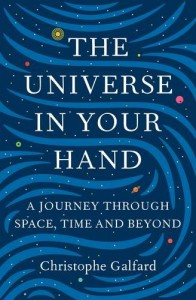


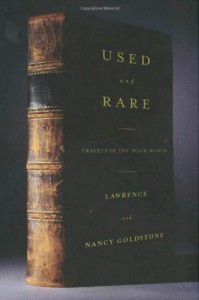

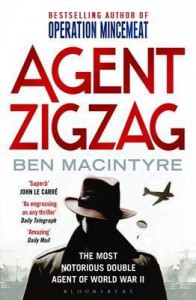
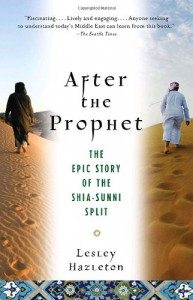
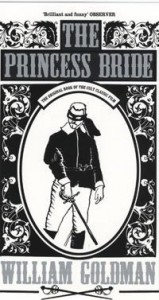


 1
1




